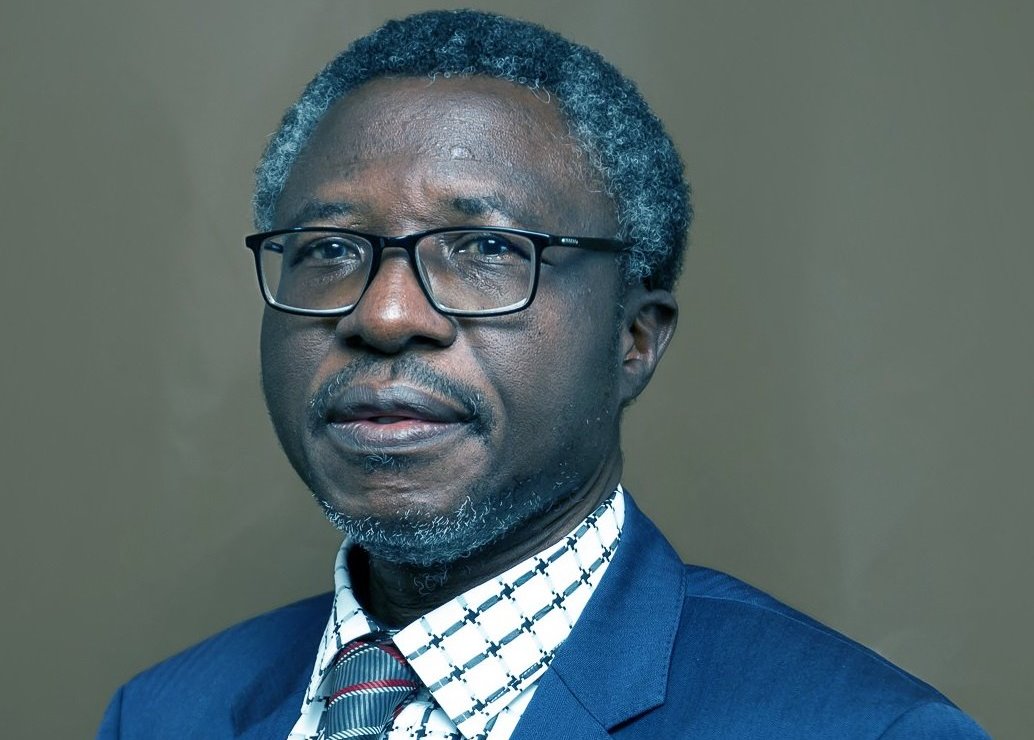Mtendere’s road to 2014 elections

Mtendere Elections Support Network is a new civil society umbrella in the country. EPHRAIM NYONDO caught up with the network’s chairperson, associate professor Nandin Patel, to find out more.
Q:
What gap is Mtendere trying to fill ahead of 2014 tripartite elections?
A:
Mtendere network was formed on the principles of accountability and inclusivity. We wanted to drive the point that civil society organisations (CSO) networks should be accountable to their membership. Accountability as a principle of governance should be practiced by CSOs if they want to exercise the right to demand accountability from the government. Elections Support Network (ESN) by nature of its registration and membership basically excluded a number of MEC accredited and funded CSOs of 2009. These excluded institutions obviously needed a forum to engage and collaborate.
Therefore, basing inclusivity and accountability as our core values we strive to provide our member CSOs an enabling environment in which we could pursue our interests and role in the electoral processes.
Q:
There is already an elections support network in the country. How will you be operating given such an environment?
A:
While (M) ESN is a network of networks, Mtendere is a network of CSOs. Mr. Steve Duwa has quite clearly stated that given the complexity of issues on ground and given the amount of work that needs to be done during elections, no single network can claim to be adequate to do it all. As two networks, we do collaborate and engage from time to time. One case in point is the opposition to the proposal of adopting the biometric voter registration system that MEC considered for a while and fortunately dismissed it for now. In the meetings of the CSOs forum organised by Nice the two networks are working together. We are finding ways to work with Nice where we can be sharing information and experiences from time to time. Having said this, I must say that the cordiality shared at the secretariat level between (M) ESN and Mtendere needs to trickle down to the members of the two networks as we move towards the elections.
I must also mention that MEC has welcomed us with open hands. From the process of accreditation of CSOs to all the meetings held so far, we have been invited and consulted; we have been taken as a serious partner.
Q:
There were disagreements over the naming of your network as (M) ESN. Why did you choose to name your network using a name that already exists? How far did you and the MESN go in addressing this issue?
A:
As far as have we resolved the issue of name, we are called Mtendere and they are continued to be called MESN and we do not have a problem with that. We had a point to make and we have made ourselves clear.
Q: Don’t you think this will create confusion among the people?
A:
I don’t think there should be any confusion.
Q: NGOs are facing funding constraints at this point in time. How is your network going to operate in this scenario?
A:
Yes it is a constraint and delayed funding slows down the process. This is not the first time that registration has started without funding in place for CSOs, and we are hopeful that it will come through in due course. Although such delays should not be accepted as given and MEC, CSOs, donor partners coordination should be enhanced. While we are waiting for funding, we are also visiting and observing the registration exercise in some centres and recording our observations.
Q: How do you look at the change in funding style by donor partners from basket funding to MEC to bilateral directly to CSOs?
A:
The 34 CSOs that were funded last time, could give a rough idea of the number of CSOs to be funded although I am not saying that donors should strictly follow that list. The numbers could range from 25 to 30 and donors could use their criteria in selection. I personally think that MEC has enough to cope with and should not involve itself in disbursement of funds but should facilitate the process and MEC is trying to do that.
Q: How do you assess MEC’s capability to deliver?
A:
MEC is stronger now technically and has cultivated better public relations. The senior management and the Commissioners engage on a regular basis with stakeholders to enhance transparency and facilitate dialogue. However, there is still much that MEC could do in terms of building trust as an independent Elections Management Body, and this entails shedding the baggage of the past. Having said that, there are still many challenges. Elections are still very much regarded as a one-off event and not a recurring cycle, despite the apparent intent of MEC and other stakeholders to regard elections as a process. This may still need a paradigm shift to effect the requisite change amongst politicians, all stakeholders as well as the electorate.
Q: What more would you love Malawians to know?
A:
I have heard that in some communities people have to pay anything like K 1000 or K500 to the chief to get a letter of residence to be eligible to register. If this is indeed true then this is disturbing as this in itself can bar many from eligible voters from registering. It is not too late for the chiefs to be provided with the basic stationery required for issuing such letters and convince chiefs where necessary that they should perform this as a noble service to the community. Surely, there are many chiefs who know their duties in a democratic society. In the next sitting of the National Assembly legislative action linked to vital aspects of electoral processes should be taken and CSOs should join hands and lobby for that.





